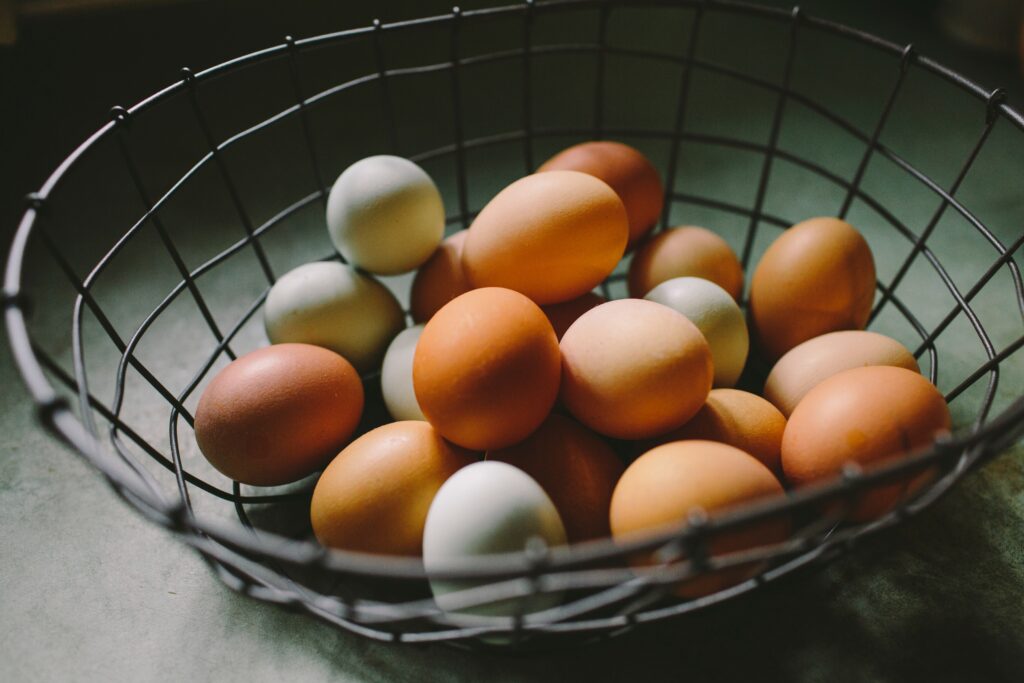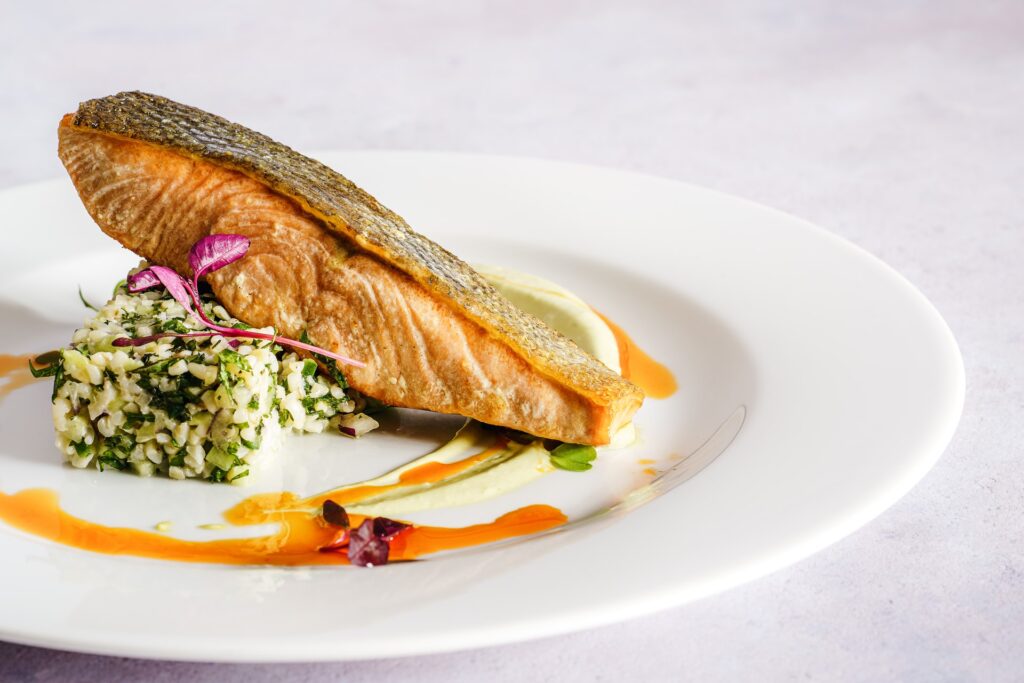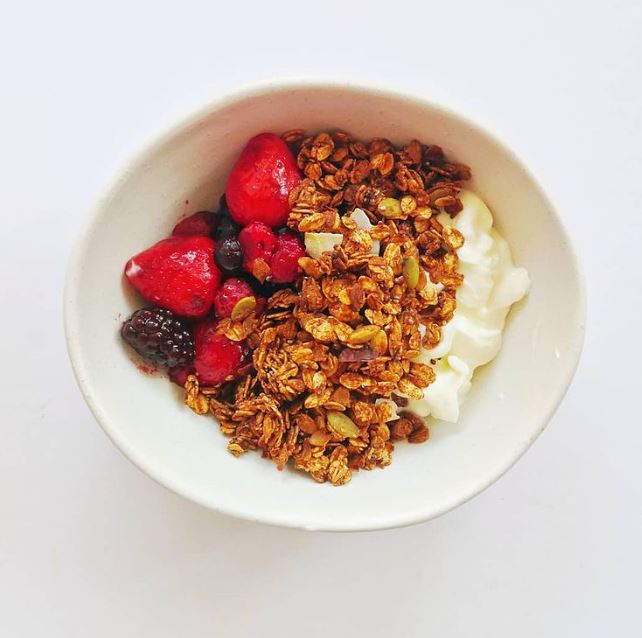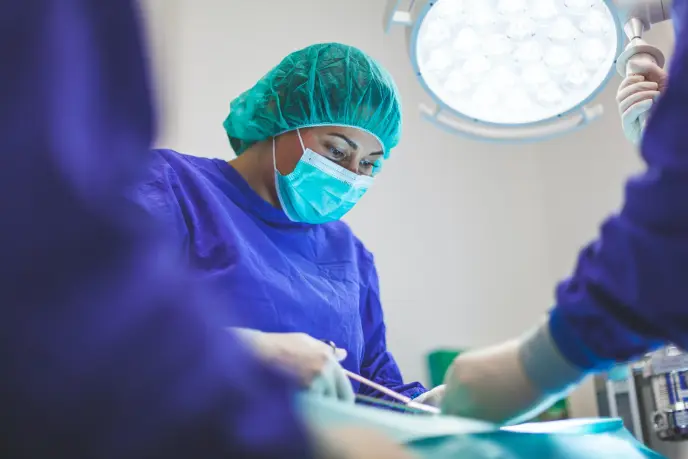Fertility and falling pregnant relies on what feels like a series of very lucky events to all align for the right sperm, to find the right egg, at the right time and find its way down and snuggle in for the long haul into pregnancy. One of the most important factors in this process is our age.
Males produce active sperm throughout their whole adult life (although the quality of that sperm declines overtime), however, women are born with a set quantity of eggs which decline in quantity and quality as we age, and enter all the societal pressure of our biological clocks tick-tocking!
Research has also shown that many couples are choosing to start families later in life, making these factors all the more relevant (Harris et al, 2011).
The life of your eggs
As I mentioned before, females are born with a set amount of ‘eggs’ – roughly 1 million eggs – sounds like plenty to go round in a whole reproductive lifespan, right? Well, by the time puberty rolls around this number declines to around 500,000, down by half. This may still seem like a lot; however, many are lost during each menstrual cycle (not just the one that is ovulated!) leaving roughly 25,000 by the time we reach age 35 (George & Kamath, 2010).
As we age, not only the quantity but also the quality of our eggs, and sperm of fathers-to-be both decline – making it more difficult to fall pregnant. Whether due to the decline in the structures within the egg and sperm, disruptions to DNA or lifelong exposure to inflammation or other environmental exposures, any decline in quality can impact on the ease of conceiving.
An increase in miscarriage rates
This is sad, but true. The risk of pregnancy complications, including miscarriages also increases as we age.
Not a lot is known about why some couples experience miscarriages and some don’t, however, the research points towards declines in the quality and integrity of the genetic material, aka DNA,of both the eggs and sperm as some of the main culprits (de Fosse et al, 2020).
For this reason, miscarriage rates are lowest around the age of 25-27 and start to increase as we move towards ages 30and above (Wilcox et al, 2019).
Discover more about whether diet can play a role in preventing miscarriages here.

What’s all the hype around AMH?!
AMH, or Anti-Müllerian hormone, is a hormone produced naturally by the cells in our ovaries and its levels are a reflection of what is known as our ovarian reserve or the number of eggs we have. Never fear, the number on the pathology report does not literally equal the number of eggs you’ve got in your ovaries, it’s a proxy measurement or indicator of your ovarian reserve.
Our levels of AMH, and our quantity of eggs is dependent on a lot of variables, with one being our age. Research has shown that AMH levels peak at around age 25 and slowly start to decrease until it’s non-detectable in post-menopausal women (Kruszynska & Slowinska-Srzednicka, 2017).

Although, AMH is becoming a popular test, it doesn’t reflect egg quality (no test for that yet,unfortunately) or indicate your chances of falling pregnant, meaning it doesn’t show us the whole picture. If you have any questions about AMH it’s important to speak to your doctor or fertility specialist for more information.
What to eat when trying to conceive over 35?
Whilst we wait on scientists working out reverse ageing, there are still things that we can control and change to improve your chances of conceiving for those over 35.
Change up your diet!
Our diet plays a role in any fertility journey and research has shown there are important foods and nutrients we should be including when trying to conceive, that everyone should be paying attention to!
Some key nutrients to focus on include:
1. Antioxidants
Antioxidants are compounds found in all plant foods including colourful fruits and veggies, herbs, spices, extra virgin olive oil, wholegrains and legumes.
They are important as they protect our reproductive organs from free radicals and inflammation which rises as we age and have been linked to decreases in egg and sperm quality through DNA damage and altering sperm shape and mobility (A Saleh & Agarwal, 2002). As antioxidants work to fight against the effects of free radicals it makes it a no brainer to include them in our diet!

2. Omega-3 fatty acids
These are the healthy fats we find in oily fish such as salmon, tuna, mackerel and sardines as well as chia seeds, flaxseeds and walnuts. I’m sure you’ve heard me talk about their benefits for fertility a thousand times before but that’s because they are so important!
Research has shown they are beneficial for decreasing inflammation in the reproductive organs, increasing the reproductive lifespan of our eggs and improving egg quality through supporting cell functioning and promoting healthy DNA. They also form the building blocks of healthy sperm to ensure those little swimmers are functioning optimally!
Read more about Omega-3’s and fertility here.

3. Zinc
Zinc is an essential mineral found in oysters, lentils, quinoa, pork and crab and is not only essential for the antioxidant pathways in the body but also for many processes that occur in the fertility production line e.g. implantation, fertilisation and embryo development (Diaz, 2013).
4. Vitamin D
Vitamin D is an essential fat-soluble vitamin important for regulating sex hormone development and improving sperm motility (de Angelis et al. 2017 & Pilz et al. 2018). We make our own vitamin D through our skin when it’s exposed to the sun so it’s important to ensure we get adequate sun exposure throughout the day, especially in winter months. It can also be found in food sources such as egg yolks, salmon, trout and sardines.
Want my step-by-step framework to optimising your fertility through diet in as little as 4-weeks? Check out my 100% online program now open worldwide, The Waiting Game, and get my expert advice and support inside!

Stay consistent with your prenatal supplement
Prenatal supplements contain nutrients that are essential for fertilization and embryo development. It’s important to take your prenatal for at least six months before you try and conceive to give the nutrients time to work their charm (Salas-Huetos, 2018)!
You may want to consider Co-enzyme Q10 (or CoQ10) for those over 35 there has been research to support its use in enhancing embryo quality in IVF cycles, speak to your doctor and/or dietitian first before commencing as these can interact with certain medications (Xu et al, 2018).
Choosing a prenatal can often be confusing for both mothers and fathers-to-be, so working with a fertility dietitian who can assist in choosing one for your personalised needs is recommended.
Read more about what to include in prenatal supplements here and here.
Achieve a healthy weight range
Excess body weight can impact on the health of our eggs and sperm through the increase in stored fat and inflammation in and around our reproductive organs. Excess body weight is therefore known to compromise egg and sperm quality through disruptions in the DNA and alterations in reproductive hormones (Purcell & Moley, 2011).

As these are caused independent of any age-related effects that have been mentioned above, it’s important to work with a fertility dietitian who can guide you through the process while ensuring your fertility goals are at the forefront!
Get in your beauty sleep!
Not getting enough sleep each night has the potential to impact on both eggs and sperm! Sleep is crucial for the rest and repair of our reproductive cells and the sleep hormone – known as melatonin – not only regulates our sleep patterns but it can also act as an antioxidant to protect our eggs and sperm from oxidative damage (Nishihara et al. 2014).
This is particularly important for those who work irregular hours or shifts, as melatonin production can be affected.
Let’s just say sleep is VERY important!

Manage your stress levels
I know this is easier said than done, particularly when on a fertility or trying to conceive journey.Stress is known to impact on many areas of our lives – fertility included! Persistently high stress levels can lead to inflammation and oxidative stress leading to changes in follicle development, menstruation and of course, fertility (Rooney & Domer, 2018).
A fertility journey in itself can be a cause of stress for many couples struggling to conceive so it’s important to talk to your doctor and a perinatal psychologist for support on strategies that can help support stress management.
Our age is one aspect that can impact on our fertility and chances of falling pregnant, however there are options and you don’t have to suffer in silence! Apply to work with me one-on-one today and let’s develop a tailored plan to optimise your fertility!
This blog was co-written by Dietitian Liana Tunzi. You can findLiana on Instagram @woodenknife_nutrition or connect with her on LinkedIn






